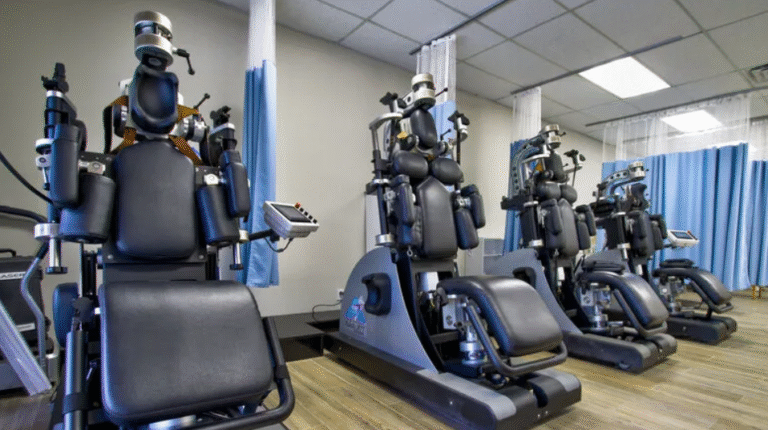How Weight Loss Surgery Can Reduce Heart Attack and Stroke Risk
Obesity is one of the most significant risk factors for heart disease and stroke. Excess body weight places strain on the cardiovascular system, increasing blood pressure, cholesterol, and insulin resistance. Over time, these conditions create the perfect environment for life-threatening events such as a heart attack and stroke. Addressing obesity through professional interventions, such as weight loss surgery in St. Louis, provides a pathway to improved long-term health and a substantial reduction in cardiovascular risk. By targeting the root cause of excess weight, individuals can experience life-changing improvements in both the quality and longevity of life.
How Weight Loss Surgery Supports Cardiovascular Health
Weight loss surgery, also referred to as bariatric surgery, has been clinically proven to improve several key markers of heart health. Following surgery, patients typically see significant reductions in blood pressure, lower LDL cholesterol, and improved blood sugar regulation. These changes alleviate the burden on the heart and blood vessels, lowering the risk of coronary artery disease and stroke.
Additionally, bariatric procedures often lead to remission or improvement of type 2 diabetes, a major risk factor for cardiovascular disease. By addressing insulin resistance, surgery not only reduces current health threats but also prevents future complications. The long-term sustainability of these results highlights why professional medical intervention is more effective than short-term solutions.
The Role of Professional Support in Weight Loss Surgery
Weight loss surgery is not only a physical transformation but also a psychological journey. Mental preparation plays a critical role in ensuring patients adjust successfully to lifestyle changes after surgery. Learning strategies for emotional resilience and adopting healthier habits make recovery smoother and results more sustainable. Guidance, such as tips to mentally prepare for weight loss surgery, demonstrates the importance of addressing mental readiness as part of a comprehensive care plan.
Beyond preparation, ongoing follow-up with medical professionals ensures that patients maintain progress while minimizing risks. Professional oversight helps track cardiovascular improvements, monitor nutrition, and provide personalized adjustments to maintain optimal health outcomes.
Choosing the Right Surgical Path for Long-Term Safety
Not every patient is suited for the same type of procedure. The choice between gastric bypass, sleeve gastrectomy, or other surgical options depends on unique health factors, weight-loss goals, and underlying conditions. This is where professional guidance becomes indispensable. Seeking the expertise of qualified surgeons ensures that each patient receives a tailored plan designed to deliver safe and effective outcomes.
When evaluating care providers, it is important to consider their experience, success rates, and post-surgical support programs. Making informed choices is a key part of securing long-term health improvements. It is necessary to know how to choose the right weight loss doctor for you. This is because it is essential to ensure a careful selection for successful results.
Conclusion
Weight loss surgery is a powerful medical solution that goes beyond weight reduction. It directly lowers the risks of heart attack and stroke by improving cardiovascular health markers, reducing diabetes-related complications, and supporting sustainable lifestyle changes. With the right professional guidance, patients can achieve not only significant weight loss but also long-term protection for their heart and overall well-being.






